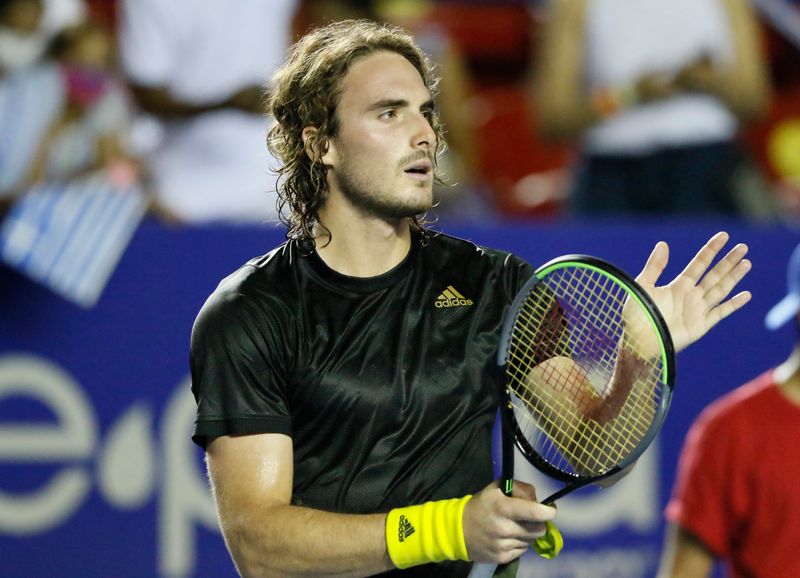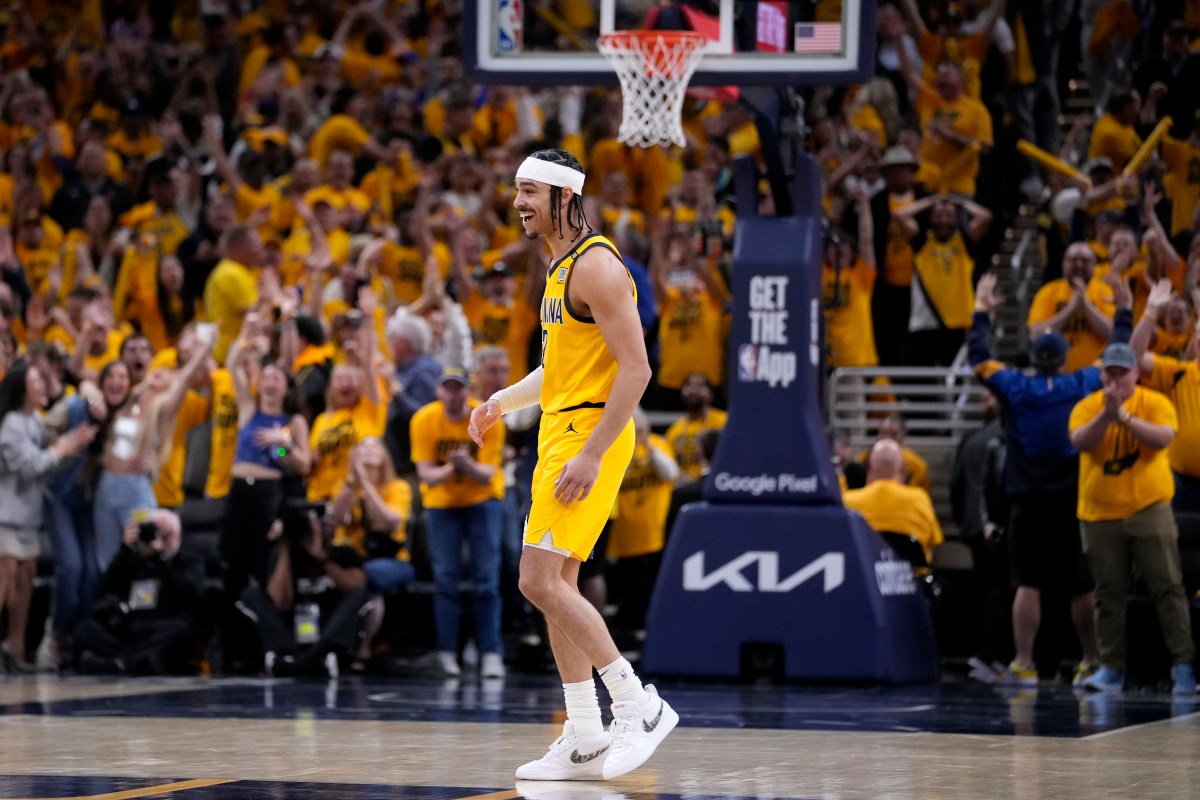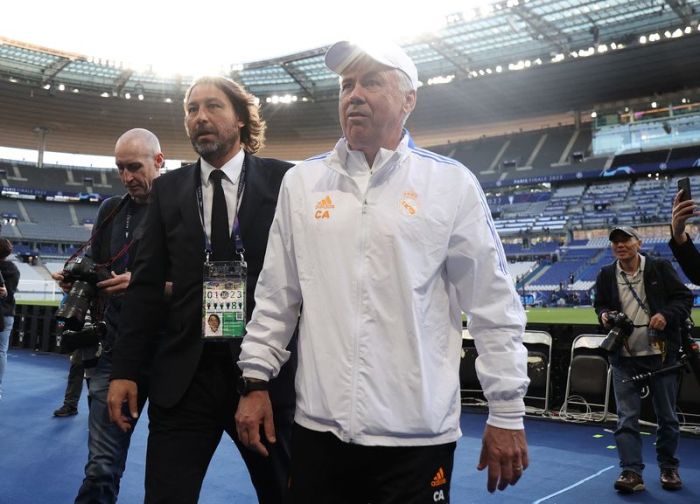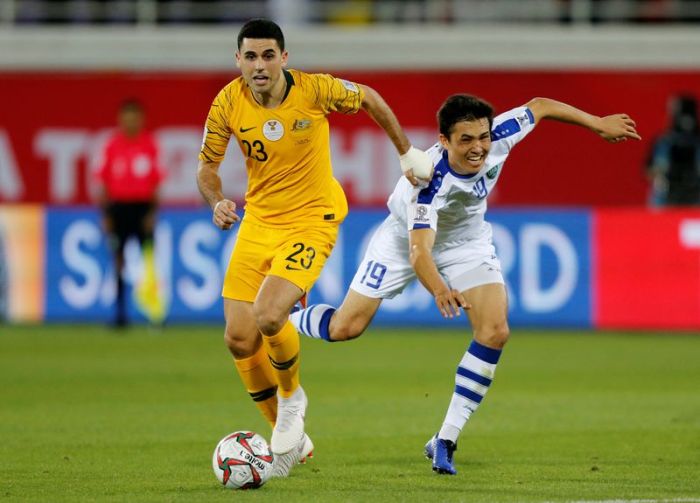(Reuters) – Former Wimbledon semi-finalist John Isner has called on the ATP Tour to give players a clearer picture of the decision-making process behind cuts to prize money, though the American walked back some of his fiery criticism from last month.
Isner had lashed out at the men’s governing body on Twitter after the Miami Open, an ATP Masters 1000 event, cut its total prize purse by 60%, with the singles champions getting a cheque of $300,110, down from $1.35 million in 2019.
The former world number eight called the ATP a “broken system” and demanded a “true audit” of tournaments’ finances, saying tennis was “plagued by conflict and lack of transparency”.
On Wednesday, he said his comments were not really about the prize money itself.
“It’s about the system of the ATP and why the decisions are made and what goes into the prize money being so low,” he said at the Miami event, which was cancelled in 2020 due to the COVID-19 pandemic.
“I do think recently the players have felt like the tour has been more transparent with them. We’re trying to understand the process a bit more.”
The professional circuit was shut down for five months last year due to the pandemic before tournament organisers set up biosecure bubbles for players and support staff to restart the Tours while keeping fans away from stadiums.
ATP tournaments incurred losses of between $60-$80 million last year, hurt by last-minute cancellations, a wipeout of ticketing revenue and a 30% drop in proceeds from sponsorship.
Isner, who stepped down from the ATP Player Council last year and joined up with Novak Djokovic to launch the breakaway Professional Tennis Players Association, said it was difficult to adjust to the huge cuts in prize money.
“It’s not what we’ve been accustomed to,” said Isner, who has career earning of more than $19 million.
“At the same time we know that tournaments in the past year don’t have the ticketing revenue that they’re used to having.”
Isner, who skipped the 2021 Australian Open due to strict health protocols, said it was “very unfortunate” that players have to stay at official hotels during Wimbledon as part of safety measures.
“There are a lot of players that, of course, would much prefer to stay in private housing,” said Isner, who won the longest match at the All England Club in 2010 that lasted 11 hours and five minutes against France’s Nicolas Mahut.
“That’s one of the unique things about Wimbledon, is you can rent a house and walk to the courts, play your match, walk back. It’s very, very cool. It won’t have that same feel this year.”
(Reporting by Sudipto Ganguly in Mumbai; editing by Peter Rutherford)






















